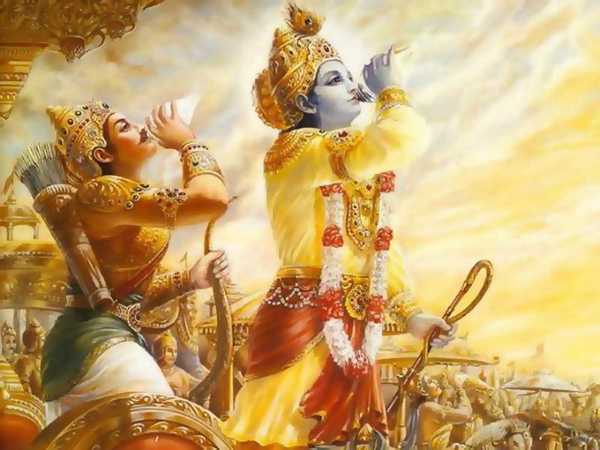Chapter 211

Markandeya continued, “O Bharata, the fowler having expounded theseabstruse points, the Brahmana with great attention again enquired of himabout these subtle topics. The Brahmana said, ‘Do thou truly describe tome, who now duly ask thee, the respective virtues of the qualities ofsattwa, rajas, and tamas.’ The fowler replied, ‘Very well, I shall tellthee what thou hast asked. I shall describe separately their respectivevirtues, do thou listen. Of them tamas is characterised by illusion(spiritual), rajas incites (men to action), sattwa is of great grandeur,and on that account, it is said to be the greatest of them. He who isgreatly under the influence of spiritual ignorance, who is foolish,senseless and given to dreaming, who is idle, unenergetic and swayed byanger and haughtiness, is said to be under the influence of tamas. And, OBrahmana rishi, that excellent man who is agreeable in speech,thoughtful, free from envy, industrious in action from an eager desire toreap its fruits, and of warm temperament, is said to be under theinfluence of rajas. And he who is resolute, patient, not subject toanger, free from malice, and is not skilful in action from want of aselfish desire to reap its fruits, wise and forbearing, is said to beunder the influence of sattwa. When a man endowed with the sattwaquality, is influenced by worldliness, he suffers misery; but he hatesworldliness, when he realises its full significance. And then a feelingof indifference to worldly affairs begins to influence him. And then hispride decreases, and uprightness becomes more prominent, and hisconflicting moral sentiments are reconciled. And then self-restraint inany matter becomes unnecessary. A man, O Brahmana, may be born in theSudra caste, but if he is possessed of good qualities, he may attain thestate of Vaisya and similarly that of a Kshatriya, and if he is steadfastin rectitude, he may even become a Brahmana. I have described to theethese virtues, what else dost thou wish to learn?'”




